Life
Sign up for our newsletter
We summarize the week's scientific breakthroughs every Thursday.
-
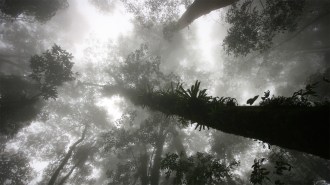 Climate
ClimateWarming is chasing cloud forests steadily uphill
Cloud forests are biodiversity hot spots and crucial water sources. But climate change and deforestation are shrinking their range, new data show.
By Douglas Fox -
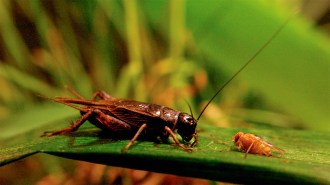 Animals
AnimalsCrickets and flies face off in a quiet evolutionary battle
Male crickets in Hawaii softened their chirps once parasitic flies started hunting them. Now, it seems, the flies are homing in on the new tunes.
By Jake Buehler -
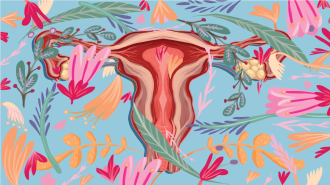 Health & Medicine
Health & MedicineThese scientists have a plan to demystify the vaginal microbiome
Vaginal microbes play a huge role in overall health, but researchers know relatively little about them. Citizen science could help change that.
-
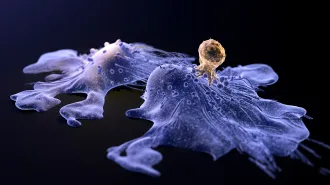 Genetics
GeneticsA child who got CAR-T cancer therapy is still disease-free 18 years later
The long-term survival of a patient with neuroblastoma suggests the personalized cancer treatment may work for solid tumors, not just blood cancers.
-
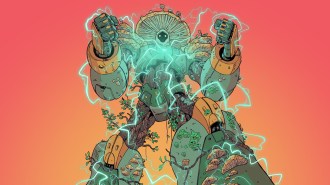 Tech
TechRobots are gaining new capabilities thanks to plants and fungi
Biohybrid robots made with plant and fungal tissue are more sensitive to their surroundings.
-
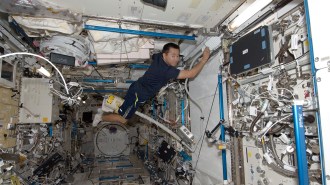 Space
SpaceThe International Space Station lacks microbial diversity. Is it too clean?
Hundreds of surface swabs reveal the station lacks microbial diversity, an imbalance that has been linked to health issues in other settings.
-
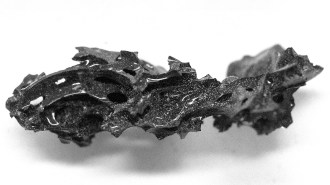 Archaeology
ArchaeologyMount Vesuvius turned this ancient brain into glass. Here’s how
Transforming the brain tissue to glass would have required an extremely hot and fast-moving ash cloud, lab experiments suggest.
By Alex Viveros -
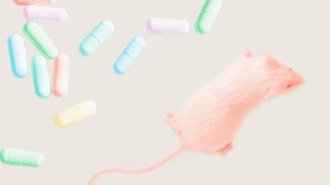 Health & Medicine
Health & MedicineCan probiotics actually curb sugar cravings?
Some companies claim that taking beneficial bacteria can reduce the desire for sugar. But the evidence comes from mice, not people.
-
 Life
LifeA new book chronicles the science of life in the air
Carl Zimmer’s Air-Borne recounts centuries of aerobiology’s greatest moments and mistakes.
-
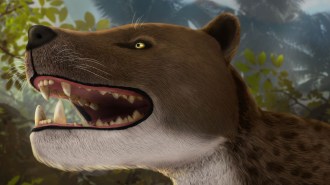 Life
LifeA skull found in Egypt shows this top predator stalked ancient Africa
Archaeologists uncovered a fossilized skull of an ancient sharp-toothed predator that likely hunted early elephants and primates.
-
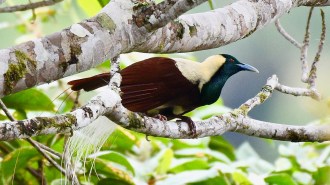 Animals
AnimalsHow fish biologists discovered birds of paradise have fluorescent feathers
A survey of museum specimens reveals that more than a dozen species of the birds sport biofluorescence in feathers, skin or even inside their throats.
By Susan Milius -
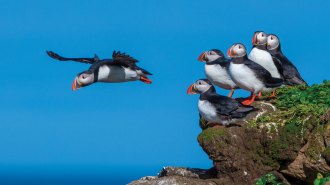 Animals
AnimalsHow a puffin patrol in Iceland is saving the iconic seabirds
Light pollution disorients young puffins. The Puffling Patrol helps them find their way to the sea.